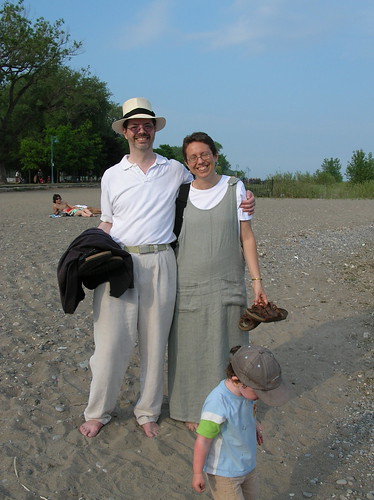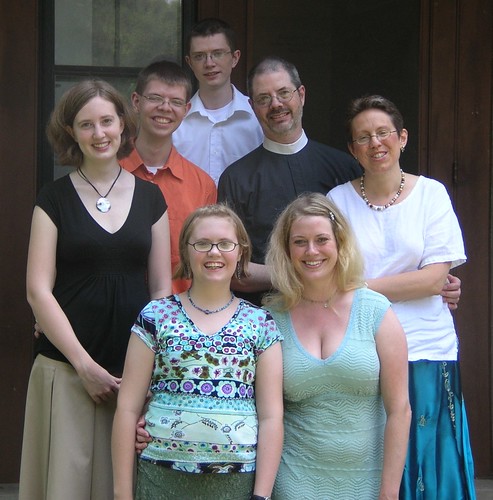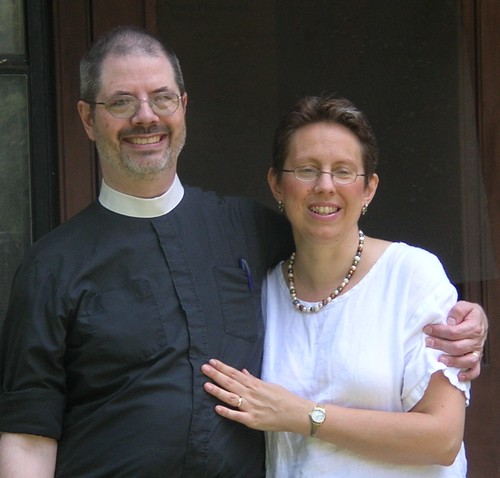-ca or -ae
Margaret and I were probing the mystery of the different appellations for Thomas Aquinas’ major work this afternoon. Some sources give Summa Theologica, “Theological Summa,” and others Summa Theologiae, “Summa of Theology.” There are high stakes among Thomists, we gather, but we aren’t sure who lines up on which side, or why.
As we were seeking illumination on this point, we discovered the Vicipaedia, the Latin-language Wikipedia. On the first page today was an article about pong cervisiale, which you Anglophones may know as “beer pong.”
That was startlingly provocative enough, but the illustration brought to mind Margaret’s and my dismay recently to discover that most of America plays beer pong by rules very different from the ones we knew back at Bowdoin. We played (not Margaret, who abstains from both pong and beer) with real table tennis equipment and very basic rules (hit cup, take sip; land in cup, drain cup). Evidently there is now a World Series of Beer Pong played by the decadent variant rules. O tempora, o mores!





